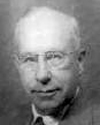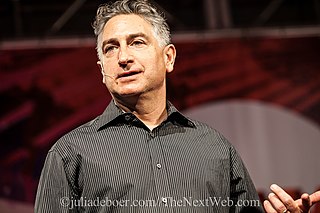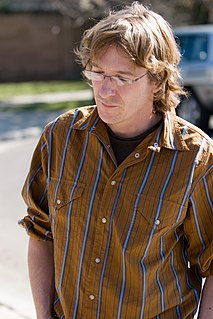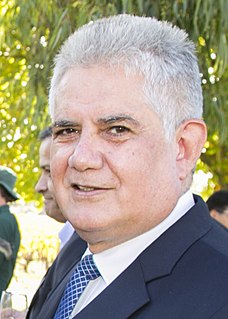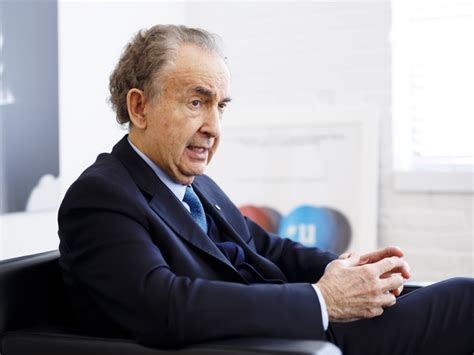A Quote by Peter Drucker
Decision making is the specific executive task.
Related Quotes
while the executive should give every possible value to the information of the specialist, no executive should abdicate thinking on any subject because of the expert. The expert's information or opinion should not be allowed automatically to become a decision. On the other hand, full recognition should be given to the part the expert plays in decision making.
At a certain point you have to make a decision in your life about where will you best serve, and I decided that I would best serve as a producer as opposed to a studio executive. There are many upsides to being the studio executive, but one of the downsides is that you get removed from the actual process of making the movie.
It is equally unreasonable to run a university as a "participatory democracy," the approach to governance that once existed in Europe. That approach in European institutions of higher learning was appealing to professors because it was democratic. But those institutions also suffered because they lacked an executive decision-making process; making changes became virtually impossible.

